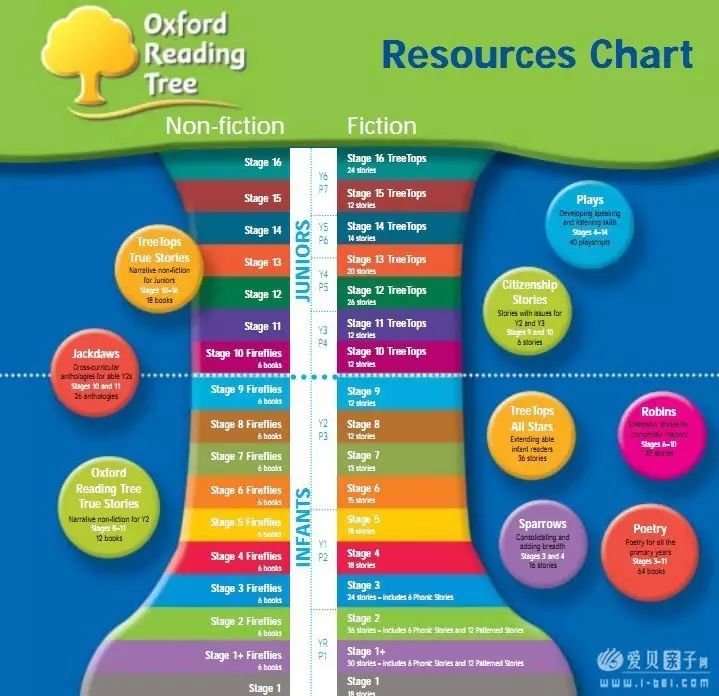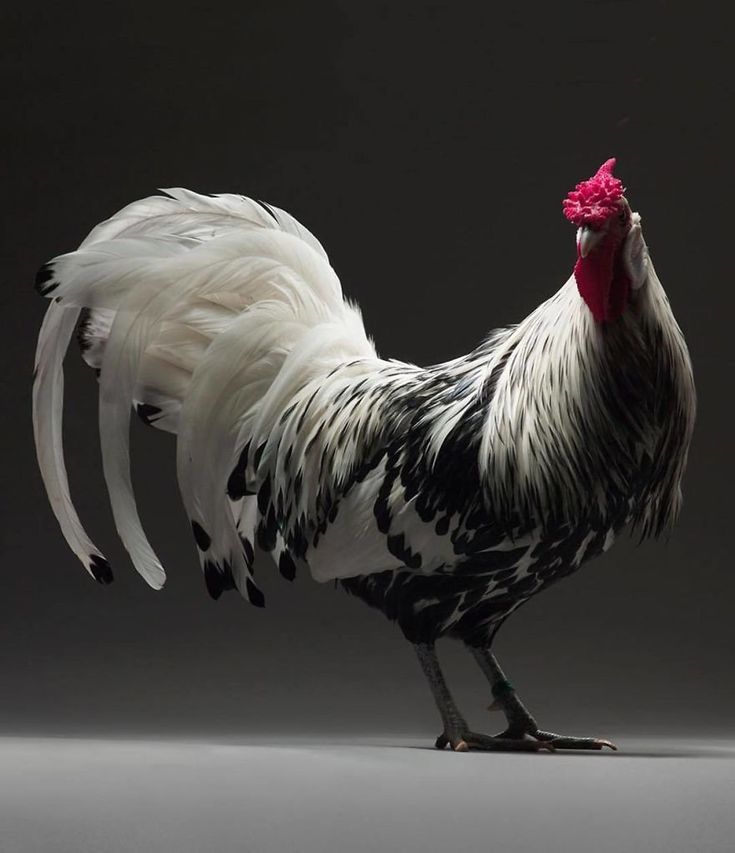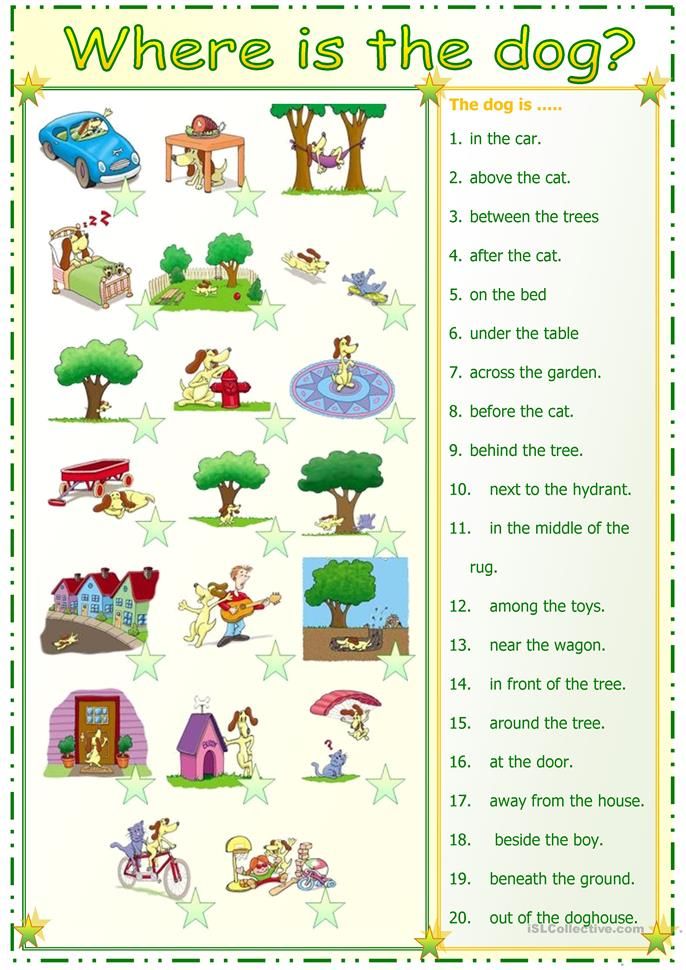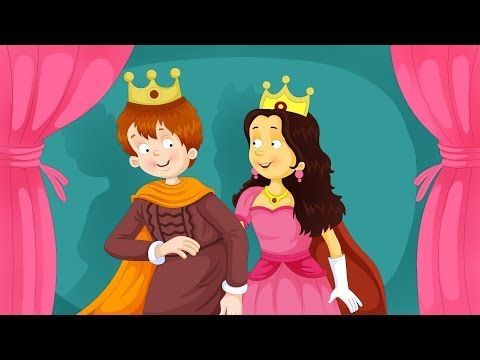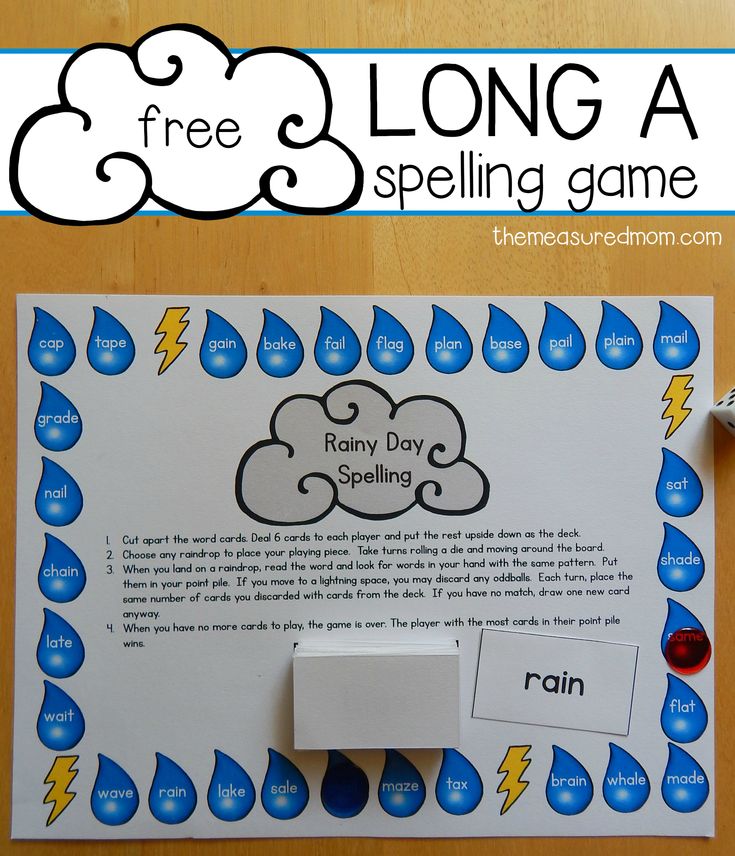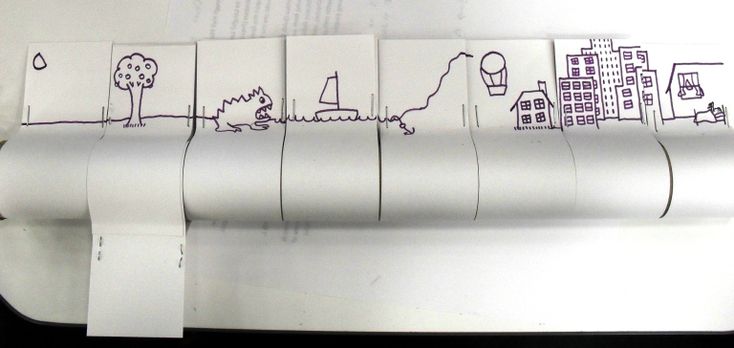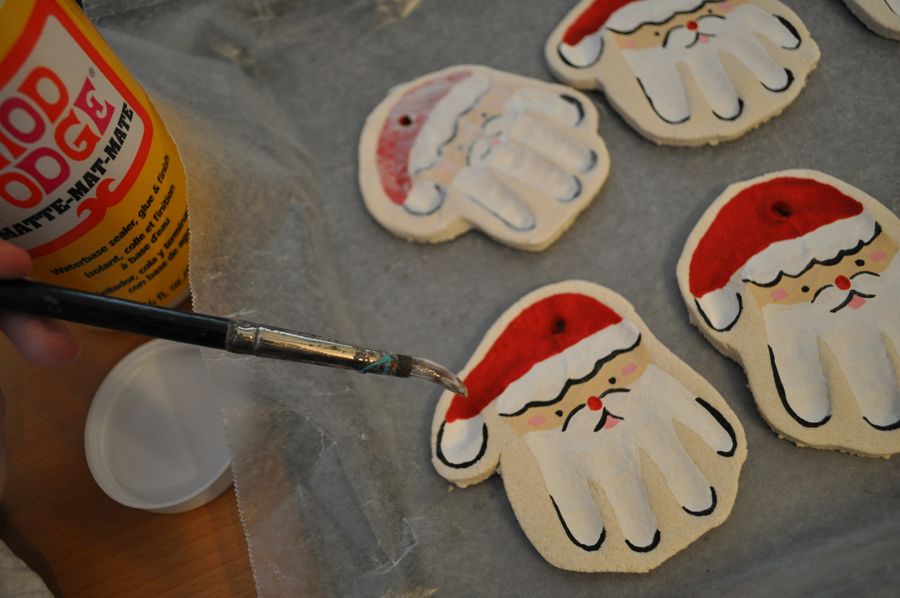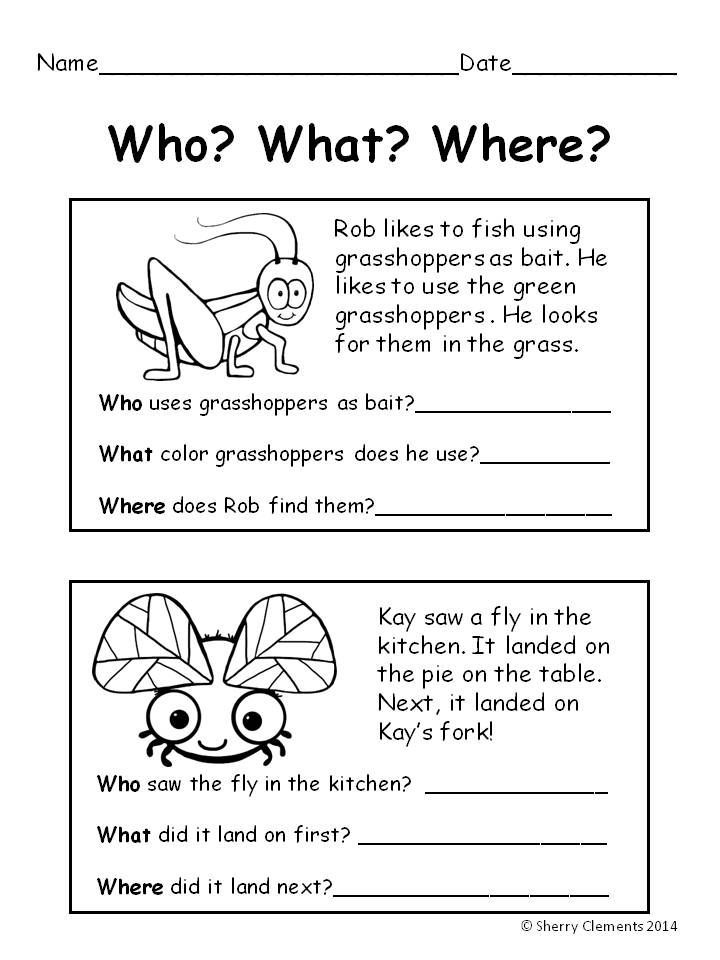Great bedtime stories
12 Bedtime Stories for Kids (For Sweet Dreams)
Bedtime stories for kids are as old as bedtime itself, but do you know how to make them more enjoyable? Do you know about the benefits of bedtime stories?
We’re helping our fellow parents out by highlighting the importance of bedtime stories and sharing 12 bedtime stories you can add to your collection.
Table of Contents
- Bedtime Stories for Kids
- The Importance of Bedtime Stories
- What Makes a Good Bedtime Story?
- Tips for Making Storytime More Interesting
- And So To Sleep
Bedtime Stories for Kids
Whether you want cute, funny, or fantastical, these bedtime stories for kids deliver.
Callista And The Puma
This tale is from Argentina and tells the story of a young girl, the friendship she develops with a wild puma, and how kindness is repaid.
Once there was a girl named Callista. Her father was a soldier, and after the country in which she was born, Spain, invaded South America, she moved to Argentina with her family.
The people who lived in Argentina were angry the Spanish had taken over their land, so they surrounded the camp in which the Spanish families were living, hoping to make them leave.
Callista was told not to leave the camp, but she was hungry. So, one day, she snuck out to find food.
As she explored the jungle, she came across a cave where a mother puma had just given birth. Callista helped the mother puma clean the cubs and found food for her to eat.
One day the native people found Callista, and she was scared. However, they did not harm her and instead took her back to their village, gave her food, and looked after her. Callista felt loved and at home and lived there a long while.
Then, the Spanish soldiers attacked the village, found Callista, and took her back to the camp. Her father was very angry with her and sent soldiers to tie her to a tree in the jungle as punishment. She was there for days.
The village people were scared she might die, but they were also scared of the Spanish soldiers.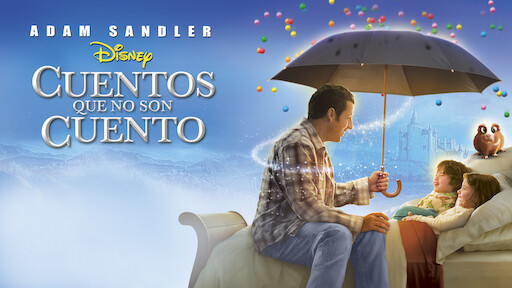 After three days, they went to try to rescue Callista but feared she would be dead. However, when they got to the trees, Callista was fine.
After three days, they went to try to rescue Callista but feared she would be dead. However, when they got to the trees, Callista was fine.
The puma Callista cared for had come back to look after her.
The villagers untied Callista and took her home with them, where she lived a long and happy life.
The Unexpected Rock
This story is told by the Miwok tribe, who live in what we now call Yosemite. It reveals how the rock formation Tutokanula, or El Capitan, grew out of the earth overnight.
One day two children were playing in a stream. When they got out, they were chilly, but the girl saw a soft, mossy area in the sun.
“Let’s go and sit there,” she said, “It will be warm in the sun.”
The children laid on the moss and soon fell asleep. As the day went on, the rock inched upwards to keep them close to the sun and warm. The children were so comfortable they stayed asleep.
At dinner time, the children’s family searched everywhere but could not find them.
Then coyote sniffed the ground, followed the children’s trail, and said, “They must be on top of this new rock.”
Antelope was the best jumper, and the family asked him to get the children, but he could only reach a short way up the rock.
Grizzly bear was the best climber, so they asked her to get the children, but she could only reach a little higher than antelope.
All of the animals tried — jackrabbit, raccoon, even mountain lion, but none could reach the children.
“Let me try,” said the inchworm, and all of the animals laughed.
“You are too small,” they said. “How could you possibly do what we couldn’t?”
But the children’s family asked him to try.
Slowly, slowly, the inchworm passed the points the other animals had reached. Finally, he got to the top and woke the children by crawling on their faces and led them down the mountain.
That day, the Miwok named the rock Tutokanula in honor of the inchworm, the tiny creature who achieved great things.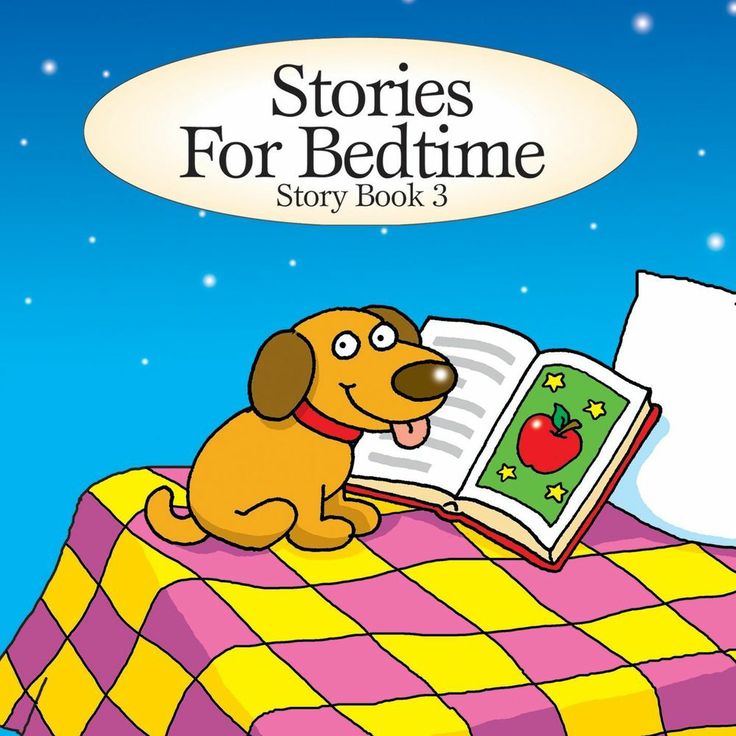
The Reward
The Reward is a cautionary tale from India and warns against the dangers of being greedy.
There once was an emperor named Akbar. He went hunting in the woods, but when it started to get dark, he became lost. A young boy, Mahesh, heard the emperor calling for help, went into the jungle, and led him back to the palace.
As a reward, the emperor took a ring from his finger and gave it to Mahesh.
“Bring this ring back to the palace in the morning, show it to the guards, and tell them to let you in,” said the emperor, “Then I can reward you for your kindness.”
The next day Mahesh came back to the palace, showed the ring to the guard, and asked to see the emperor. However, the guard was a greedy man and told Mahesh, “I will only let you in if you give me half of your reward.”
Mahesh agreed and went to see the emperor.
“I would like 50 lashes as my reward,” said Mahesh.
The emperor tried to talk him out of it, but Maresh insisted.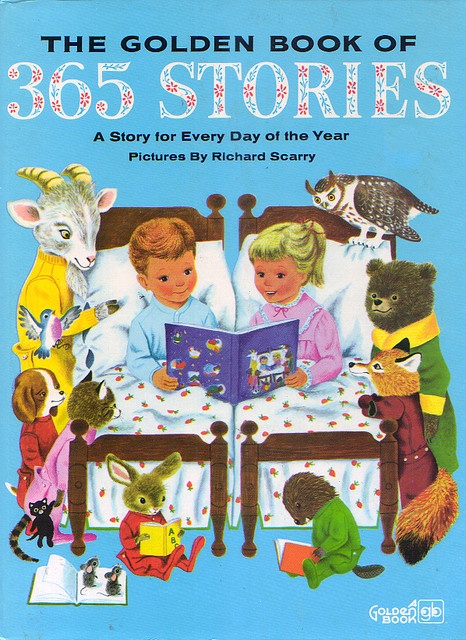 After the 25th lash, Mahesh stopped the emperor and explained about the guard.
After the 25th lash, Mahesh stopped the emperor and explained about the guard.
The emperor was very angry with the guard. He went out and gave the guard the remaining 25 lashes and fired him on the spot.
Then the emperor asked Maresh again what he would like as a reward.
“I promised the guard half of everything,” Maresh said, “So I do not want any further reward.”
So, instead, the emperor gave Mahesh’s family a new home and all they needed to enjoy a happy life.
The Mermaid’s Ring
A fairytale from Scotland, The Mermaid’s Ring shows that what you want and what’s right for you can be two very different things.
One day a young fisherman accidentally caught a mermaid in his net. Legends say if you catch a mermaid, she must grant a wish if you let her go.
“I wish the girl I like would love me forever,” he said.
“Why do you like her?” asked the mermaid.
“Because she is the prettiest girl in the land.”
The mermaid thought for a while and handed the boy a magical ring.
“Give this ring to the girl you want to spend the rest of your life with,” she said, “but you must wait one full year from today before it will work.”
The boy took the ring, and on his way home, he passed a homeless girl.
“Please, sir,” she said, “Can you spare something to eat? I will work for you in return.”
The boy didn’t have much, but he agreed to share his food with the girl if she helped him put away his nets. They shared his food, and the girl left while the boy crawled into bed and dreamed of his love.
Every day for a month, the girl would help him with the nets, and he would share his food. Then one day, she was not there. The boy was worried, went to look for her, and found her asleep in his fishing shed.
The boy was ashamed that he never thought about where the girl would sleep. He woke her up, let her sleep by his fire, and then added a room to his home for her.
“You can sleep here for the next 11 months,” he told her. “But then my wife will move in, and you will have to leave.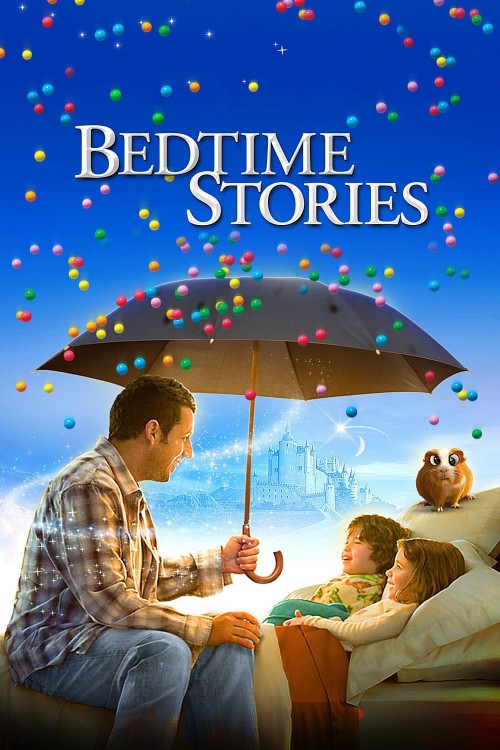 ”
”
The next day, the girl was not waiting to help with his nets, and he was angry.
“I gave her food and a room,” he said, “and this is how she repays me?”
He dropped the nets and burst angrily through his front door.
The boy couldn’t believe his eyes. His little home had never been so clean. His bed was washed and made, there was a pile of chopped wood by the fire, and a pot of stew waited for him on the fire.
Again, the boy felt ashamed. The girl had worked hard all day and made his home more lovely than he ever had.
They ate together, and the girl left for her room while the boy crawled into his clean bed and dreamed of his love.
As the months passed, the boy would ask the girl to stay and talk before they both went to sleep in their rooms. They shared stories of their families, and the boy spoke every night of his love.
And then one morning, the boy awoke to find the girl waiting by the door with her things under her arm.
“What are you doing?” asked the boy.
“It is time for you to marry your love,” she said, “So I must go.”
The boy hadn’t realized a full year had passed. He grabbed the ring and ran to the village to find his love. When he found her, the boy saw that she looked exactly the same, but he no longer felt the same way.
So he ran back to his home and chased after the girl.
“Did you find your love?” she asked.
“Yes and no,” said the boy, “I found an ordinary girl in the village, but now that I am with you, I know I have found my love.”
And so the boy gave the girl his ring, and they spent the rest of their lives together.
A Tale Of Māui
Māui is a folk hero in Polynesian mythology. Rarely worshipped as an actual god, he is seen as a good-natured trickster whose deeds were intended to better the lives of the Polynesian people.
Māui was a curious being and wanted to know where fire came from. He thought that if he put out all of the fires in the village, he would be able to see how they were relit.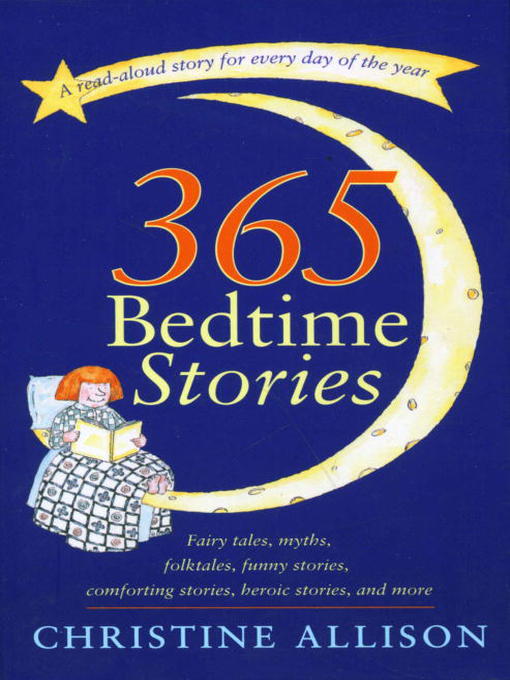
Māui’s mother was the rangatira, leader of the village.
“Someone will have to go and ask Mahuika, the goddess of fire, for more,” she said.
So Māui, who was also Mahuika’s grandson, went to ask for more fire. Her cave was inside the burning mountain, and when he arrived and asked for more fire, Mahuika gave him one of her burning fingernails.
But Māui put the fire out and asked for another. Again and again, he did this until Mahuika had no fingernails and only one toenail left. Mahuika was very angry and sent fire to chase him, but Māui called on the weather god who came and put the fire out.
Mahuika threw her last toenail at Māui but missed. The toenail landed in the Mahoe, Tōtara, Patete, Pukatea, and the Kaikōmako trees. The trees held the fire deep in their branches, for it was a gift from the gods.
Māui took dry branches from the trees, took them to the village, and showed the villagers how to rub the branches together and release the fire.
This is how people discovered how to make fire.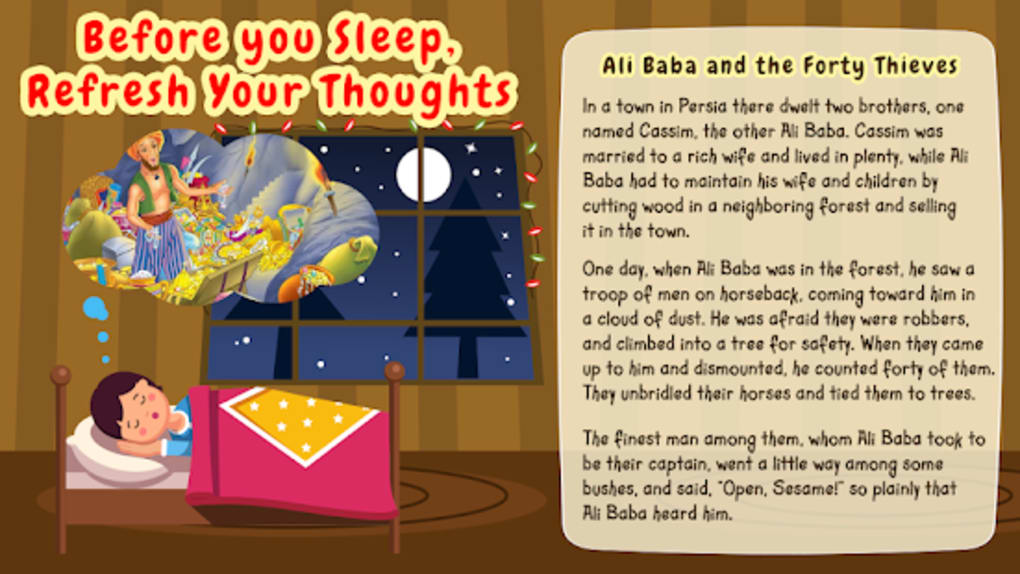
The Emperor’s New Clothes
Danish author Hans Christian Anderson wrote many well-known fairy tales, many of which have been retold and adapted into movies. One of his less well-known stories is The Emperor’s New Clothes.
There was once an emperor who didn’t care about ruling his land. Instead, all he cared about was living in his palace, having the finest food and drink, owning the most expensive things, and most of all, wearing the most beautiful clothes.
One day some crooks came to the land. They told the emperor they had the finest cloth in the world, but it was magical. Only the smartest, most brilliant, most influential people could see it, and anyone who was not brilliant, intelligent, or important could see nothing.
When the emperor was shown the cloth, he could see nothing at all, and he was scared.
“If people find out I am not clever, or smart, or important, they will choose another emperor,” he thought. “Then, I will not be the most important person in the land, and the finest things will not surround me. ”
”
So the emperor told the crooks that yes, it was the finest cloth he had ever seen and asked them to make an outfit for his grand parade.
On the day of the parade, everyone in the kingdom came to see the emperor. They had all heard about the magical cloth and wanted to see it for themselves.
The giant parade began, and the emperor walked down the great National Mall. Nobody could see the magical clothes, but everyone was too afraid to speak up.
A child then pointed at the emperor and asked, “Why isn’t he wearing any clothes?”
This made other people brave enough to speak up, and soon, almost the entire kingdom was talking about the silly emperor. He was so worried about beautiful clothes, expensive things, and what people thought, he walked down the street naked rather than telling the truth.
You Need A Lion’s Whisker
This fairy tale from Ethiopia tells the story of a woman who learns there are no shortcuts and that patience, perseverance, and hard work are essential.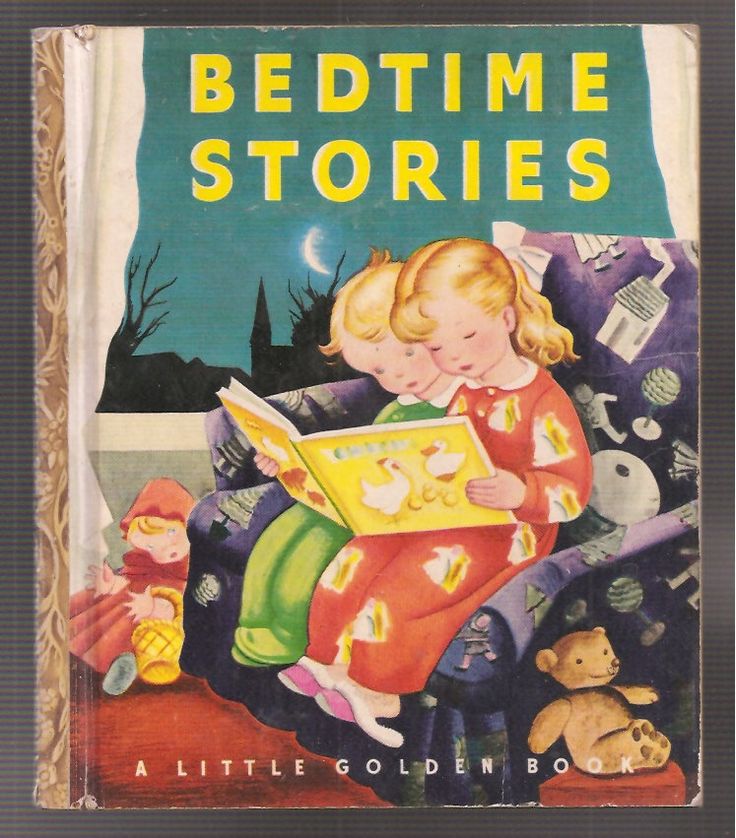
Leeya married a man who already had a son. She tried to be friends with the boy, but nothing she did worked. So Leeya went to see the medicine man in the mountains.
“Please help me,” Leeya said. “I want the boy to be happy and to be friends with him. I’ve tried for an entire week, but nothing works.”
“I can help, but first, I need you to pluck a whisker from a living lion and bring it to me,” he said.
Leeya was afraid, but she wanted to be friends, so she went to where the lions lived.
Every day for a month, Leeya would put out a bowl of meat and watch from behind a rock when the lion came to feed.
The next month she did the same thing but knelt up, so her head was showing. The next month she stood taller so the lion could see her from the waist up, and the following month she stood beside the rock.
For the next six months, she inched closer to the lion. In the tenth month, she stood next to him while he ate. In the eleventh, she held the bowl, and in the twelfth month, she would place her hand on the lion’s face.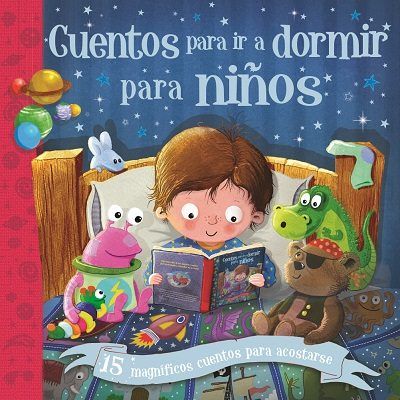
Finally, she was brave enough to pluck a whisker from the lion, and she took it to the medicine man. The medicine man accepted the whisker from her and threw it into the fire.
“Why did you do that?” asked Leeya. “I worked hard for a full year to get that whisker.”
“You worked hard,” said the medicine man. “You were patient, gave the lion what it needed, and gained its trust. Is it any harder to do the same for a young boy who misses his mother?”
Then Leeya understood. There were no shortcuts, but patience, love, understanding, and perseverance would get her where she wanted to be.
Swapping Places
This ancient tale is as relevant today as it was when it was first told. Everybody’s job may seem easy until you have to do it yourself.
Long ago, there was a family. The man went out every day to work on the farm, and the woman stayed in the house, working to look after the children and the home.
One day the farmer came home and complained the house was a mess, the baby was crying, there was no butter, no bread, and his dinner wasn’t ready.
“What do you do all day?” he asked his wife angrily. “I could do a better job in one day than you do all week.”
“Okay, then,” said his wife, “Tomorrow I will work on the farm, and you will look after the home.”
And that is what they did.
The woman went out early to work in the field, and the man began his day by feeding the chickens and putting milk in the churn to make butter.
But the baby started crying, so he went to pick him up. While the man was shushing the baby, their toddler ran into the kitchen, knocked over the churn, and milk spilled everywhere.
The man started to clean up the mess but realized he hadn’t given the children their breakfast. He began to make breakfast, but he’d forgotten to close the door when he fed the chickens, and now they were in the house, leaving feathers and poop everywhere.
And so it went on, all day. Every time he tried to do something, the farmer found other things went wrong.
When the woman returned from the fields, she found the house covered in feathers and chicken poop.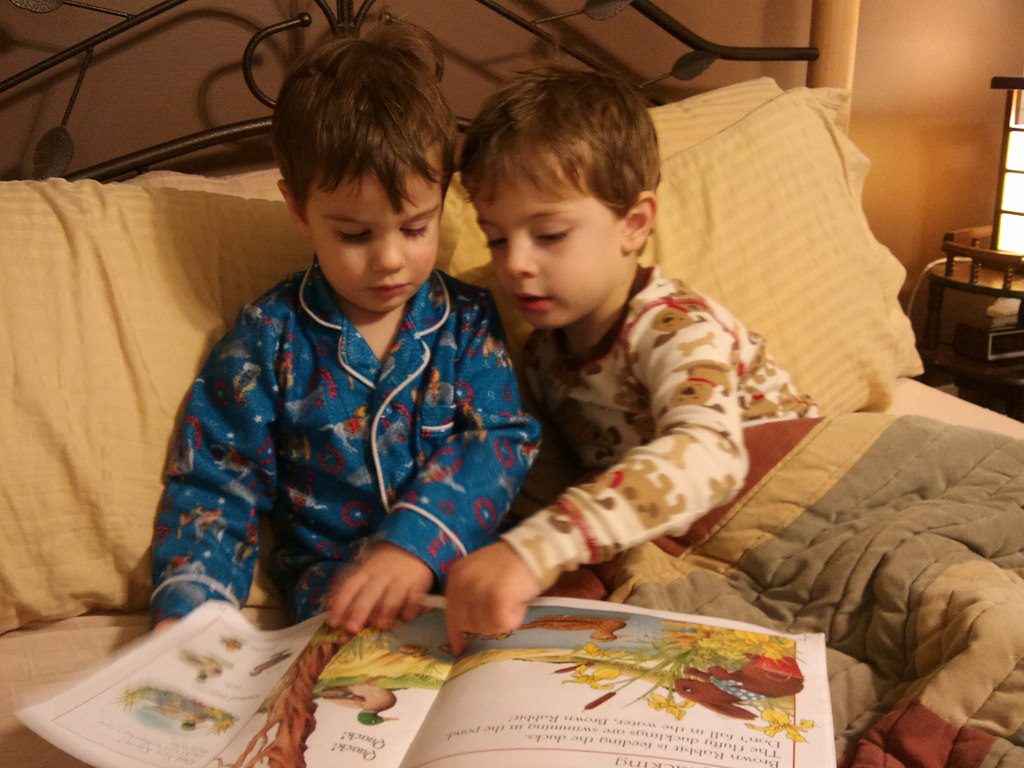 The children were hungry and dirty and had run through the milk leaving a sticky, smelly trail. She found her husband sitting on the bed with a crying baby.
The children were hungry and dirty and had run through the milk leaving a sticky, smelly trail. She found her husband sitting on the bed with a crying baby.
“I am sorry, dear wife,” he said, “I cannot believe all of the things you have to juggle while you work hard at home every day. I will never complain again.”
And he didn’t. Not only that, on the days he came home to no food, he would cook supper for the family, help with the children, and churn the butter for the next day.
Growing For A King
Growing For A King, a Chinese cautionary tale, is an excellent place to begin talking about the dangers of peer pressure.
An old king had no children, so he held a competition to find the next leader.
He decreed that every child who wanted to try would be given a seed. They had to go home and nurture the seed for one year. At the end of the year, the grower of the best plant would be the new leader.
Heng entered the contest and took a seed home. She put the seed in the best soil, watered it carefully, and gave it just the right amount of sun.
She put the seed in the best soil, watered it carefully, and gave it just the right amount of sun.
By the end of the first month, other children in the town had tiny sprouts, but Heng did not. By the end of the third month, all of the other children had little, bushy plants, but still, Heng had nothing.
The other children made fun of Heng, telling her she could never be the leader because she couldn’t even grow a tiny plant.
Heng swapped the soil and the pot. She tried everything she could think of, but at the end of the year, she still had nothing.
The last day of the contest arrived, and all of the children took their plants to the palace, except Heng. She sat at home and cried, but her parents said she should be proud of her hard work and took her along to the judging.
The king walked up and down, judging the beautiful, luscious plants; some of them even had fruit. Then he arrived at Heng.
“Where is your plant?” asked the king.
Through her tears, Heng said, “I worked very hard.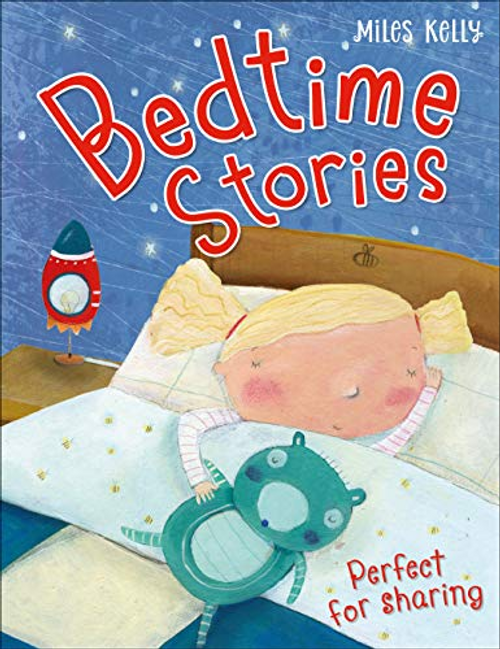 I gave the seed my best soil, watered it every day, put it in just the right amount of sun, and brought it in from the cold. But nothing I did could make the seed grow.”
I gave the seed my best soil, watered it every day, put it in just the right amount of sun, and brought it in from the cold. But nothing I did could make the seed grow.”
“That’s right,” said the king. “I gave everyone seeds that had been boiled and dried. None of them could grow into plants”.
“You are the only honest child who was strong enough to admit your seed wouldn’t grow, the king continued. “That makes you our new leader.”
The Stonemason’s Wish
The moral of this story is to be careful what you wish for and that you should appreciate what you have.
There was once a stonemason who was unhappy with his life.
“I wish I were the king,” he said, and suddenly he was.
The stonemason soon discovered that the king always had people asking him questions and that he had to work when he wanted to rest.
“I wish I were the sun,” said the stonemason. “The sun is powerful and doesn’t get told what to do.”
And suddenly, he was the sun.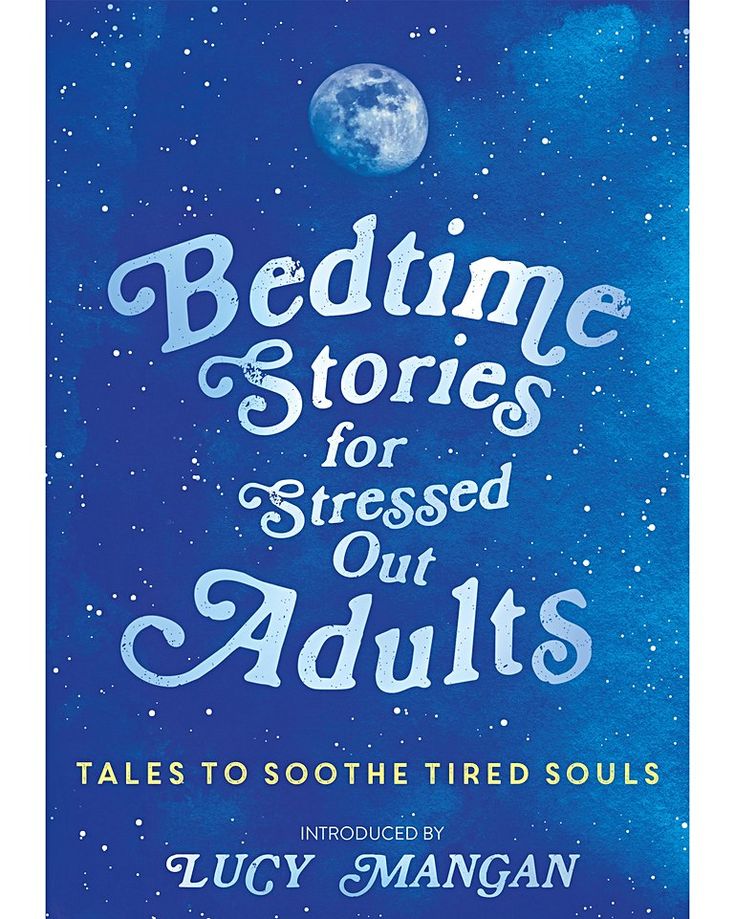 But the stonemason soon discovered the clouds could block the sun’s power.
But the stonemason soon discovered the clouds could block the sun’s power.
“I wish I were a rain cloud,” said the stonemason. “They are powerful enough to block out the sun.”
And suddenly, he was a raincloud. As he rained down on the earth, the stonemason tried to change the shapes of the rocks.
“I wish I were powerful enough to change the shape of rocks,” said the stonemason, and suddenly he was a mason again, holding a chisel, ready to carve the stone.
“I am glad to be a stonemason again,” he said. “I can change stone into beautiful things, and that is all I need.”
Mousey Merchant
An Indian tale, Mousey Merchant is a classic “underdog makes good” story that your child may enjoy.
In the city, there was a wealthy merchant. He would lend people money for their business, and in return, he took some profits.
Mousey was a poor boy who asked the merchant for a loan.
“How will you make money?” asked the merchant. “You have no business and nothing worth taking if you do not pay me back. ”
”
“You’re called Mousey, so have this dead mouse,” said the merchant, and he and his friends laughed.
Mousey took the dead mouse, gave it to someone with a pet cat, and in return received two handfuls of chickpeas.
He ground the chickpeas, filled his only jar with water, and waited by the road, under a tree.
A group of woodcutters came by, and Mousey gave them the food and drink in return for two pieces of their wood. He sold the wood and bought four handfuls of peas and another jar.
The next day the woodcutters swapped four pieces of wood for his food and drink. Mousey kept two pieces and traded two for more supplies. This went on for months until the rains came and the woodcutters could not work, and wood was in short supply.
Mousey sold his spare wood for a lot of money and bought a store. Over the years, slowly, he built up a business and made sure to help others who nobody else was willing to support.
One day he was invited to the merchant’s house. He declined the invitation and instead paid the merchant back his “loan” by sending him a dead mouse and a second one as “interest.”
He declined the invitation and instead paid the merchant back his “loan” by sending him a dead mouse and a second one as “interest.”
Pumpkin In A Jar
Pumpkin in a Jar teaches that there is always a solution to a problem, even when it seems impossible.
There was once a troll who lived under a bridge. From time to time, he would reach up to someone crossing the bridge, pull them down to his cave, make them look after him and his home, and use his magic to make them stay.
One day he grabbed a girl who was more clever than the rest.
“You have to challenge me to your impossible task, and if I complete the task, you have to let me go,” said the girl. “The rules of magic say so.”
Every troll has one, but only one, impossible task he can set. If someone completes the task, he has to let them go.
“Here is a jar,” the troll said. “You must grow a pumpkin in the jar and bring it back to me at the end of the fall. But, the pumpkin must be in the jar, and the jar and pumpkin must be whole and undamaged. ”
”
At the end of the fall, the girl came back and handed the troll his jar. It was the same jar he gave her; it was undamaged, and inside was a whole, intact pumpkin.
The troll was very angry, but a deal was a deal, and he had to let her go.
The girl told everyone in the village:
“If the troll catches you, ask for his impossible task. Take his jar, place it over a pumpkin flower, and tie it to the vine. The pumpkin will grow inside the jar, and just before it is big enough to break the jar open, cut the pumpkin from the vine — it will stop growing.”
And so, the troll was never again able to keep anyone captive to do his housework.
The Importance of Bedtime Stories
Telling a child a bedtime story is much more than sharing a tale. Bedtime stories are important because they help to:
Build Bonds
Any time you spend giving your child your full attention in a positive way will help to reinforce your relationship. Your child may not remember the stories when they are older, but they will remember the feeling of having you sit beside the bed with them.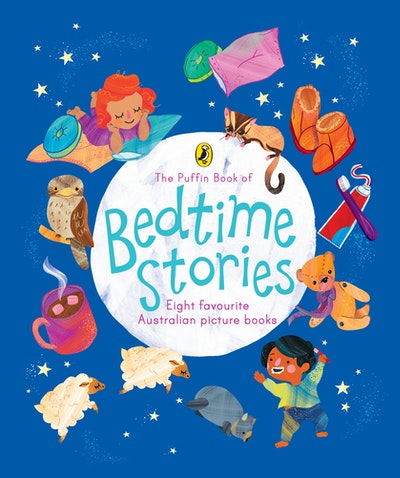
Promote Literacy
When you share a bedtime storybook with your child, you are introducing the joy of reading. You also create a loving, caring feeling they will associate with books long after they have grown and flown the nest.
Develop Language Skills
As your children listen to stories, they absorb a more expansive vocabulary and learn how to use those words to express themselves.
Inspire Creativity
Hearing stories, especially those that involve people, places, and situations they would not normally encounter, can spark your child’s imagination. It can encourage them to envision things beyond their own experiences.
What Makes a Good Bedtime Story?
A good bedtime story has characters your child can relate to or understand. It will have a little excitement or tension, but not so much that it will keep your child awake.
Most of the best bedtime stories have a moral or character who overcomes some kind of adversity. Your child will learn they shouldn’t give up.
Tips for Making Storytime More Interesting
Bedtime stories can be more interesting if you elaborate on the basics. Give plenty of details about people and places, and use plenty of voices and facial expressions to convey emotion.
You can also use quiet voices and louder voices when telling different parts of the story.
And So To Sleep
Spending time with your child before they go to sleep, sharing stories, and giving them your undivided attention, is a fabulous way to end their day. It also builds warm, happy memories for the two of you.
In years to come, they may not remember the details of the stories, the voices you used, or the faces you made, but they will remember how sharing that time together made them feel.
Feedback: Was This Article Helpful?
Thank You For Your Feedback!
Thank You For Your Feedback!
What Did You Like?
What Went Wrong?
4 Short Bedtime Stories Your Kids Will Love
- Share
Need some new 5 minute bedtime stories? Your kids will love these.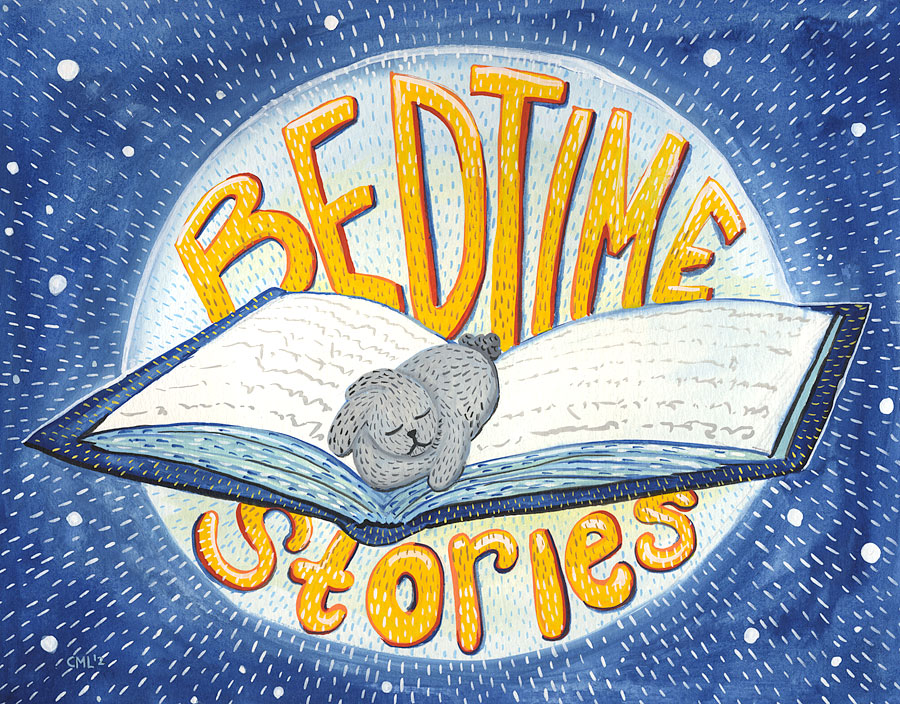
There’s a puppy who needs a name, animals who become unlikely friends in a forest, a chipmunk who is judged for his looks and a mischievous girl who visits her granny.
These short bedtime stories are great for building young kids’ listening skills.
Puppy Dreams
Written by Becky Ross Michael
Illustrated by Dragana Stankovic
Dad walked into the kitchen, followed by the scent of a cool autumn afternoon. He placed bags of groceries on the counter, which Mom started to unload. “Yum,” she said, “this will be great for dinner.”
Sister checked the bags, hoping for a special treat. But Brother stood still as stone, gazing at his father. “Um, Dad…why’s your jacket moving like that?”
With a smile, Dad unzipped his coat. Nestled in the pocket of his shirt lay a little, black creature. Speechless at first, everyone stared.
“You didn’t,” Mom finally said.
“A puppy?” guessed Brother.
Dad lifted the wiggly mass of fur from his pocket and set it on the dark kitchen rug.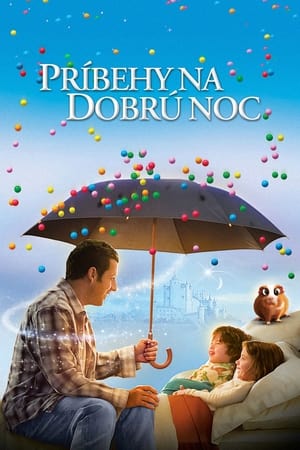
“Oooh!” yelled Sister in delight. At the sound of her loud voice, the tiny animal froze.
“I think you’ve scared him,” said Mom, reaching to pick up the small dog. As she did, a patch of wet rug was revealed from underneath him.
“Oops,” Dad said. “He had a boo-boo on the floor. Looks like we’ve got some potty training to do. I couldn’t resist. Someone was selling puppies from the back of their pickup outside the store. It was either that or off to the shelter. When I walked over, this little guy practically jumped into my arms.”
“I can just imagine,” Mom said with a grin.
“What’s his name?” Brother asked.
“That’s for you and your sister to figure out.”
The afternoon passed in a whirl of fun. Mom set up a feeding and watering area in the kitchen. Dad placed a comfortable, new pet bed in a corner of the living room. They all took turns guiding the puppy outside to avoid more potty accidents.
“Chester might be a good name,” suggested Mom, while they watched the puppy nap.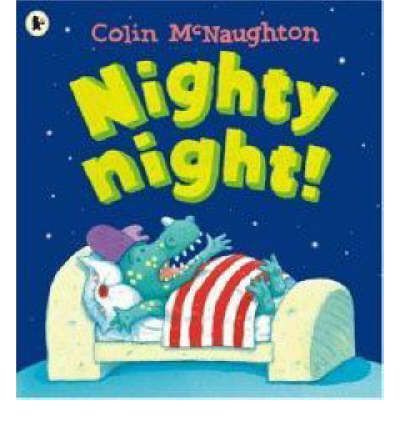
“Blackie would fit him because of his color,” Brother said.
“When I was a kid, we had a dog named Roamer,” said Dad. “Maybe that could be his name.”
“Not sure,” said Sister. The puppy yipped. “I’ll take him outside this time, while I’m thinking about a good name.”
***
“Time for bed,” Mom later announced. The sky had turned dark, and the children were yawning.
“What about the puppy?” Brother asked. “Can he sleep with me?”
“No, meee!” pleaded Sister.
“I didn’t get him a crate for sleeping yet,” Dad said. “But I don’t think this guy should be on the loose during the night. Too many chances for accidents.”
“That’s for sure,” agreed Mom. “There’s a big, empty box in the garage. It would be open on the top for air, but he wouldn’t be free to wander around the house. The living room is the warmest, so we can set it up right here.”
Disappointed, the children agreed and wandered off to get ready for bed.
***
Mom and Dad awoke in the morning, surprised they had slept all night through, without interruption. Creeping down the stairs followed by Brother, they discovered how that had happened. Sister lay on the living room carpet with her head on the pet bed next to the puppy. Both stirred when the others came into the room.
Creeping down the stairs followed by Brother, they discovered how that had happened. Sister lay on the living room carpet with her head on the pet bed next to the puppy. Both stirred when the others came into the room.
“I heard him crying,” explained Sister with a sleepy smile. “So I took him from the box for a snuggle. And I just had a dream about his name,” she added.
“You dreamed a name for him?” asked Brother.
“Well, I was dreaming about yesterday. In my dream, I heard Dad saying the puppy had a ‘boo-boo’ on the floor. Don’t you see? That’s his name!” she declared, looking back and forth at their faces. “He’s Boo-Boo!”
The dog let out a happy, little yip. And “Boo-Boo” he was, from that day forward!
Friends in the Forest
Written by Becky Ross Michael
Illustrated by Dragana Stankovic
A tear slipped from Rosie the red fox cub’s eye. She tried to ignore it, as she walked lightly on her toes toward the family den. Mama fox heard Rosie and moved toward the entrance.
“Why so sad, Rosie?” her mother asked. “You’re usually happy when you return from chasing grasshoppers in the field with your fox friend, Scarlet.”
“Oh, Mama,” Rosie wailed. “She just told me the news! Scarlet and her family are moving to a different part of the forest to live by her grandma and grandpa. I may never see her again!” More tears filled Rosie’s eyes.
“I understand why you’re upset. But you’ll find a new friend before you know it,” her mother assured. “Now, come share some berries for dinner.”
***
The next day, Rosie decided to find a new friend. “Don’t go near the water, beyond the edge of the marsh,” warned her mother.
Catching sight of a grasshopper, Rosie moved quickly across the open field. While chasing and swatting at the insect, she came chin to chin with Russet, another red fox.
“Will you be my new best friend?” asked Rosie, swinging her bushy tail.
“I would, but I already have a best friend,” Russet answered, walking away.
Disappointed, Rosie moved toward the trees. Approaching a hollowed-out log, she saw Looney Raccoon, fast asleep. She gave him a nudge with a black-tipped paw. “Looney, will you be my new best friend?”
The raccoon yawned. “Go away; I’m trying to sleep. And no, I will not. I already have a best friend.”
So Rosie moved further into the trees, soon catching sight of Roberta Rabbit hopping along the trail. “Wait up,” called Rosie, but the rabbit continued to scamper. “Will you be my new best friend?” The rabbit stopped and twitched her nose.
“I already have a best friend,” Roberta said, turning to hop away.
Not ready to give up, Rosie the red fox moved toward the edge of the marsh. All of a sudden, she stopped and pricked up her ears at the sounds of moving leaves from above. Lifting her nose, Rosie saw Squiggy the black squirrel.
“Hellooo!” she called into the branches. “Will you be my new best friend?”
“Thanks for asking, but I already have a best friend,” he chattered.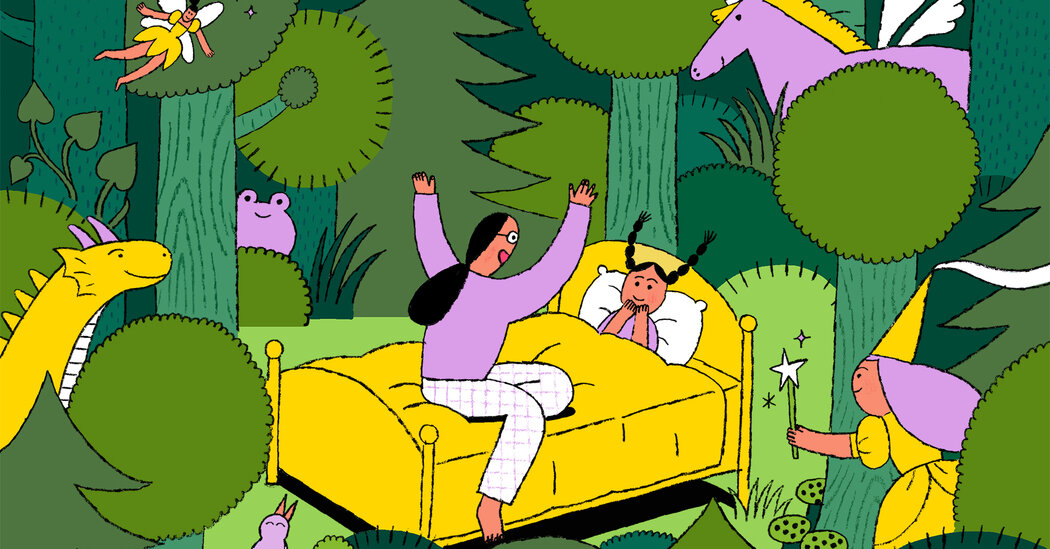
Another animal hidden in the bushes listened and watched Rosie as she hung her head and walked to the edge of the marsh.
Blinded by tears, Rosie forgot to be careful about where she was stepping. Without warning, one of her black feet slipped into the water. Splash! Rosie suddenly wished she had paid more attention when Mama tried teaching her to swim. With four legs flailing this way and that, Rosie struggled to reach solid ground. Unexpectedly, she felt something grab the scruff of her neck, pulling her from the murky water.
“Who’s that?” cried Rosie, shaking water from her red fur. When her eyes finally cleared, she was surprised to see a gray fox cub.
“Are you okay?” the gray fox asked Rosie.
“Yes, and thanks for the help. I really need to practice my swimming.”
“I can assist with that. My name’s Pearl, and maybe I could be your new best friend.”
Rosie stared in surprise. “Gray foxes don’t usually like red foxes,” she said.
“My parents taught me to give everyone a chance,” Pearl answered. “So what if my coloring is different than yours and I’ll stay a bit smaller than you when I’m all grown up. What difference does any of that make?”
“So what if my coloring is different than yours and I’ll stay a bit smaller than you when I’m all grown up. What difference does any of that make?”
“You’re right!” answered Rosie. “I never really thought of it that way. I’d love for us to be best friends. Now, let’s go chase some grasshoppers!”
Sulky and Stubby
Written by Becky Ross Michael
Illustrated by Dragana Stankovic
From where he sat on a tree, the lone chipmunk watched animals moving around below. Sulky the chipmunk was searching for others with handsome stripes just like his own. But he didn’t see anyone who looked exactly like his reflection in the still waters of the pond.
That’s okay, Sulky thought. At least I’ve found some cousins. And he ran down the tree to join them.
Skittering along the path, Sulky first spotted a ground squirrel. She wore dark brown and tan stripes along her sleek brown back. “Hello!” greeted Sulky. “I’m happy to meet you, cousin!”
“You don’t look it,” grumped the ground squirrel.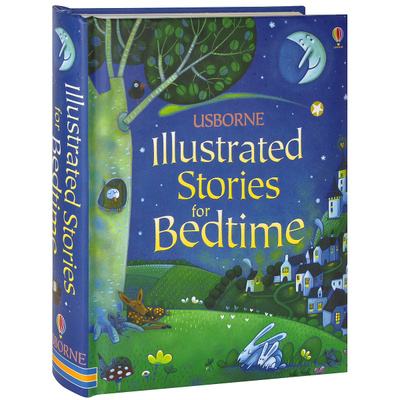 “No wonder they call you Sulky. You don’t appear very friendly with all those dark stripes on your face. You look rather mean.” And the ground squirrel scurried farther into the woods.
“No wonder they call you Sulky. You don’t appear very friendly with all those dark stripes on your face. You look rather mean.” And the ground squirrel scurried farther into the woods.
Does my striped face look mean? wondered Sulky. Surely, his other cousins would feel differently! He scampered away and soon met a groundhog.
“Hello!” said Sulky. “I’m happy to meet you.”
“Doesn’t seem like it,” said the dull brown groundhog. “You look anything but happy.”
“Really? I feel glad. And we’re cousins, you know,” the chipmunk pointed out.
“That may be, but I want nothing to do with you,” grouched the groundhog, waddling away.
Suddenly, something stirred up ahead. Sulky caught sight of a wispy red squirrel’s tail. “Hello,” said the hopeful chipmunk. “I’m happy to meet you.”
“I wouldn’t have known it by looking at you,” sassed the squirrel. “If you want to be friendly, you need to look the part.”
“But this is just how I look on the outside,” cried Sulky. “My face has nothing to do with what I think and feel. Besides, we’re cousins.”
“My face has nothing to do with what I think and feel. Besides, we’re cousins.”
“Doesn’t matter,” answered the red squirrel. “I spend time with those who look much nicer than you.”
With drooping ears, Sulky the chipmunk headed toward his burrow.
As he walked, an acorn caught Sulky’s eye. Guess I’ll take it home to eat later, he thought. As he reached for the nut, Sulky came nose-to-nose with another animal. Hesitating, he pulled back a bit to examine this new arrival. Light stripes decorated his face. And he was marked with dark stripes along his brown back and tai…wait a minute. Where was the rest of his tail???
“I know exactly what you’re thinking,” chattered the other chipmunk. “What happened to him…am I right? They call me ‘Stubby’ because I lost part of my tail in an accident when I was just a little kit.”
“Oh, I didn’t notice,” answered Sulky.
“Thanks for your kindness, but it’s the very first thing everyone sees. Then they get embarrassed and don’t even try getting to know me. ”
”
“I understand perfectly. My cousins don’t like these dark stripes on my face. They say I look mean and call me ‘Sulky.’”
“Looks aren’t important,” said Stubby. “How we act should be what matters most.”
“That’s right!” Sulky agreed. “And you can have this acorn. I think you probably arrived one paw-length before I reached it.”
“So polite of you,” Stubby said, with a swish of his short tail. “But here’s a thought. Let’s work together and gather acorns for both our homes.”
“Great idea!” answered Sulky, with happy eyes.
The two chipmunks scurried about, filling their cheeks with acorns. Along the way, they also found time to race and play. They smiled beneath twitching whiskers when their cousins asked to join in the games!
Family Fireworks
Written by Becky Ross Michael
Illustrated by Dragana Stankovic
DING said the elevator as Ella, Rae Ann, and Mom arrived on the second floor. After the door slid open, they walked down the hallway toward Grandma’s apartment.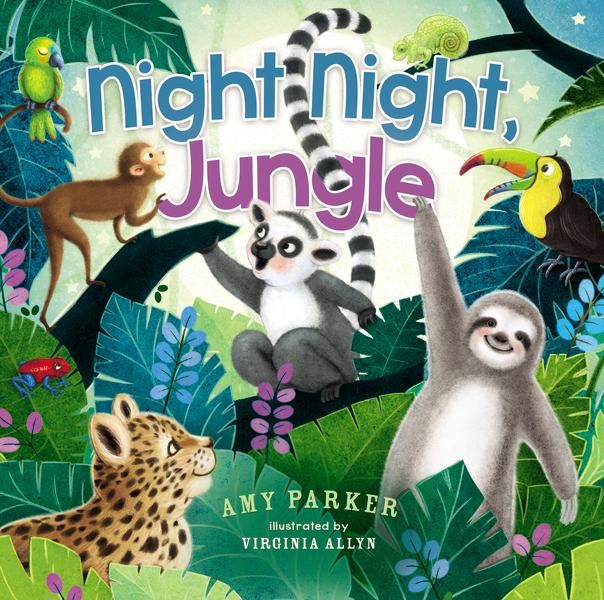
“I love your new place!” said Ella.
“Thanks,” Grandma answered. “And we can watch the fireworks from my balcony or go downstairs after they get started.”
“Okay,” said Mom. “It will be a while before dark.”
“Could I play your piano while we’re waiting?” asked Rae Ann, the younger sister.
“Sure,” said Grandma, leading her into the next room.
“I need to use the bathroom,” Ella said.
Mom pointed down the hallway.
In the bathroom, Ella looked around. She knew better than to touch anything dangerous, like sharp things or medicines. Ella just wanted to peek in some of Grandma’s cabinets. She flushed the toilet, washed her hands, and quietly opened a drawer. After squirting a touch of scented lotion on her hands, Ella rubbed them together. I sure hope they don’t notice the smell!
Rae Ann was playing “Twinkle, Twinkle, Little Star” on the piano. Mom and Grandma chatted in the living room.
Quiet as a mouse, Ella opened another drawer.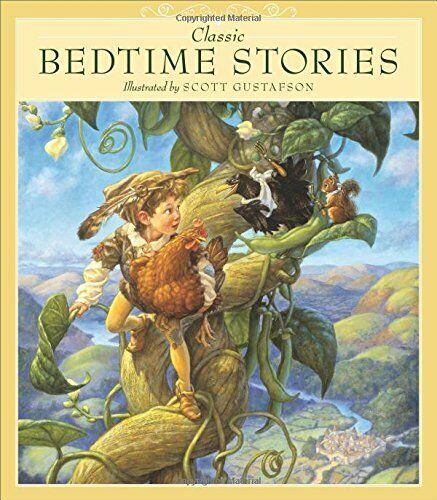 She found a hair drier and curling irons of various sizes. Moving those aside, Ella discovered several kinds of hairbrushes. She picked up a narrow, rounded brush and gazed into the mirror over the sink. Maybe I could get my hair to curl a bit.
She found a hair drier and curling irons of various sizes. Moving those aside, Ella discovered several kinds of hairbrushes. She picked up a narrow, rounded brush and gazed into the mirror over the sink. Maybe I could get my hair to curl a bit.
Imagining how Grandma might use it, she twirled the brush through the straight ends of her fine hair.
What? Oh, no! Somehow, the brush had become tangled in her long hair. In alarm, Ella pulled harder, twisting the brush this way and that, only making things worse.
“Ella, let’s go,” said Mom through the door. “We’ve decided to watch the fireworks from downstairs.”
“Just a minute,” said Ella. She pulled at the hairbrush until her head hurt. In the mirror, she saw bright red cheeks and alarmed eyes.
“Now!” demanded Mom.
Gulping tears, Ella entered the living room with the brush dangling from her hair. “It’s stuck…”
“No!” Mom shrieked. “You were bald until you were three and can’t afford to lose any of that hair!”
Rae Ann giggled. A look of concern filled Grandma’s eyes.
A look of concern filled Grandma’s eyes.
“Come here,” Mom ordered. “Let me see if I can get that out.” Her hands shook as she worked on Ella’s tangled locks.
“No, I can’t get it,” said Mom. “Ella, I can’t believe you did this. We might have to cut your hair. And we’re going to be late for the fireworks show.”
“Here, let me try,” Grandma said in a calm voice. She led Ella back into the bathroom and closed the door. Grandma worked slowly, releasing a few strands at a time.
“Wow, your hair is sure twisted around this. From now on, please ask before using my things, okay?”
“I will,” answered Ella.
“There’s just this one little clump that’s too snarled. I’d rather trim it off than break the hairs.” Grandma reached into the cabinet for small scissors. SNIP, SNIP.
“There we go. You’re all set.”
***
Ella’s head tingled. It could have been from all the excitement in the air. Most likely, she had a sore scalp from all that tugging!
The outdoors was still and warm.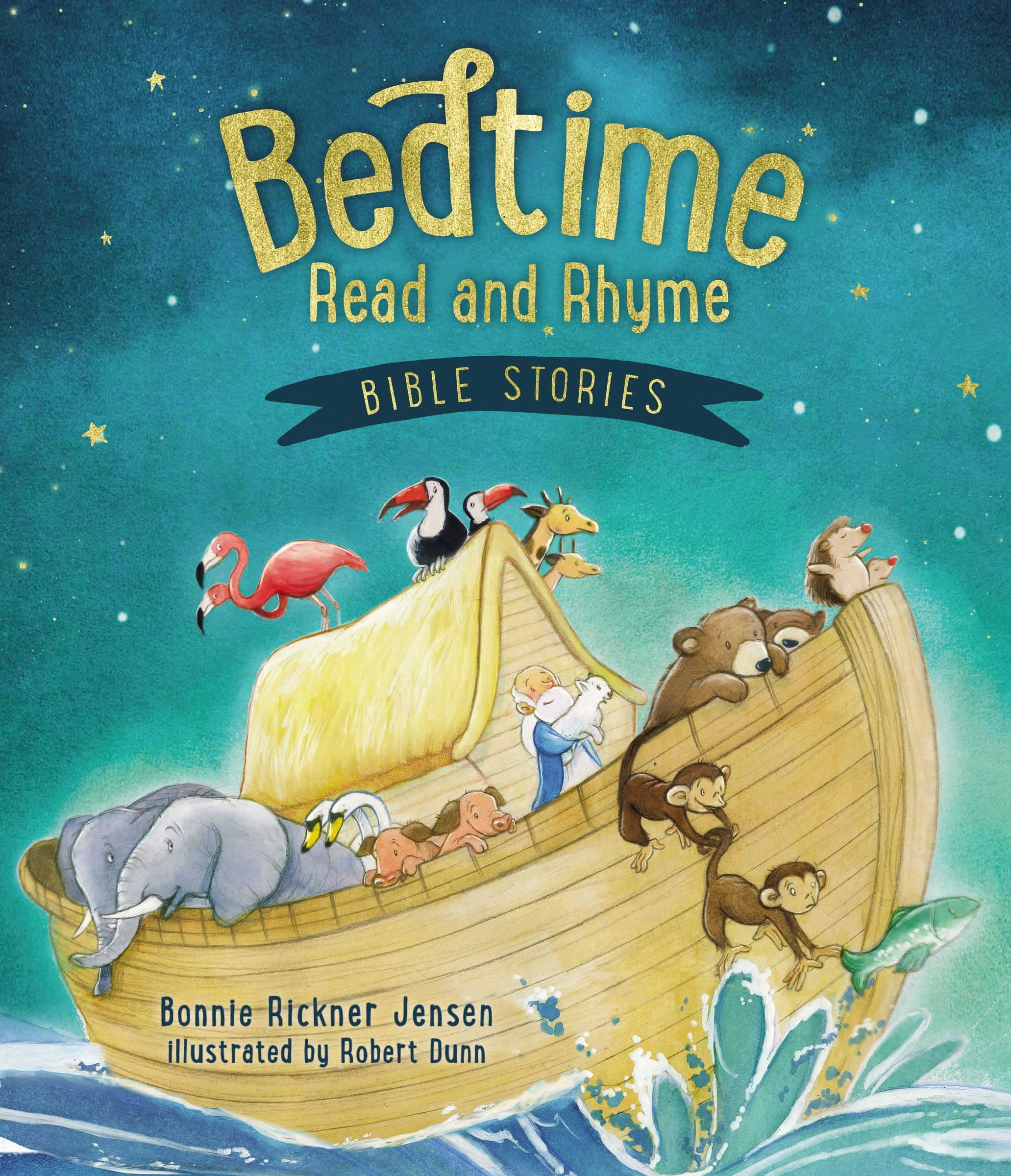 Cicadas sang in the distance. The dark sky exploded with light.
Cicadas sang in the distance. The dark sky exploded with light.
“Ooh,” said Grandma, “that was beautiful!” Minutes later, “Aah,” Grandma remarked, “that one was even better.”
Color, noise, and energy surrounded the family. Ella looked Grandma’s way, and they shared a secret smile.
I hope you’ve enjoyed these short bedtime stories for kids. For the printable version, download the printables set at the end of the post.
About the author:
Becky is a former preschool director and elementary teacher, who grew up and then raised her own family in Michigan. She now gardens and works on her sunny balcony in North Texas. Writing for kids and adults, her pieces appear in magazines, anthologies, blogs (she is a regular writer for Empowered Parents), and children’s readers. In addition, she enjoys the challenge of working as a freelance editor. Visit the author at her personal blog, Platform Number 4!
For more stories about animals, read these funny stories or try these other listening activities with your kids.
Get FREE access to Printable Puzzles, Stories, Activity Packs and more!
Join Empowered Parents + and you’ll receive a downloadable set of printable puzzles, games and short stories, as well as the Learning Through Play Activity Pack which includes an entire year of activities for 3 to 6-year-olds.
Access is free forever.
Signing up for a free Grow account is fast and easy and will allow you to bookmark articles to read later, on this website as well as many websites worldwide that use Grow.
- Share
Best Bedtime Stories - ReadRate
Imagine a picture: evening has fallen on the city, the lanterns are lit, it is raining outside the window, and the houses are warm and cozy. The whole family gathered in the nursery, a small night light is burning here. Mom or dad in a quiet voice with an expression read a fairy tale. The voice changes depending on the hero - he either squeaks, then mumbles, then basses. The little man lies in his bed and listens, blissful and falling asleep as his imagination travels through fairy tale worlds. Sounds like one of those great childhood memories, doesn't it? Do you want to create it for your children?
Mom or dad in a quiet voice with an expression read a fairy tale. The voice changes depending on the hero - he either squeaks, then mumbles, then basses. The little man lies in his bed and listens, blissful and falling asleep as his imagination travels through fairy tale worlds. Sounds like one of those great childhood memories, doesn't it? Do you want to create it for your children?
In this ranking, we have collected the best children's fairy tales that are ideal for reading aloud. Bedtime stories, according to the editors of ReadRate, should be exciting, because it is from these stories, read even to the smallest children, that the love of literature will eventually form. However, it is desirable that they are not too...More
Imagine a picture: evening has fallen on the city, the lanterns are lit, it is raining outside the window, and the houses are warm and cozy. The whole family gathered in the nursery, a small night light is burning here.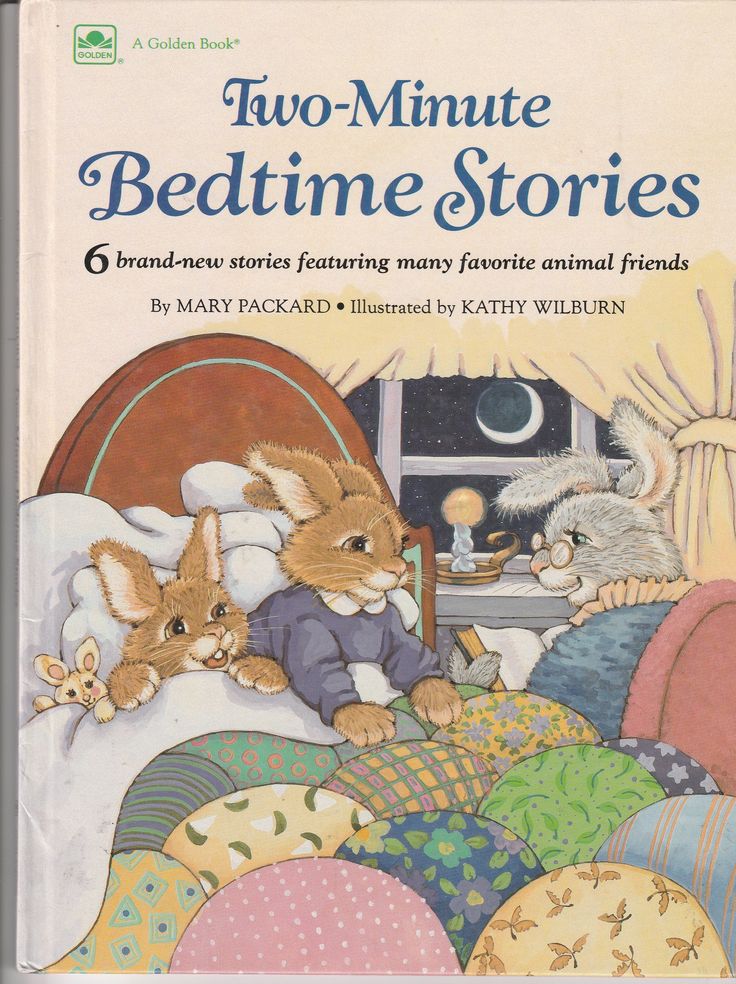 Mom or dad in a quiet voice with an expression read a fairy tale. The voice changes depending on the hero - he either squeaks, then mumbles, then basses. The little man lies in his bed and listens, blissful and falling asleep as his imagination travels through fairy tale worlds. Sounds like one of those great childhood memories, doesn't it? Do you want to create it for your children?
Mom or dad in a quiet voice with an expression read a fairy tale. The voice changes depending on the hero - he either squeaks, then mumbles, then basses. The little man lies in his bed and listens, blissful and falling asleep as his imagination travels through fairy tale worlds. Sounds like one of those great childhood memories, doesn't it? Do you want to create it for your children?
In this ranking, we have collected the best children's fairy tales that are ideal for reading aloud. Bedtime stories, according to the editors of ReadRate, should be exciting, because it is from these stories, read even to the smallest children, that the love of literature will eventually form. At the same time, it is desirable that they are not too exciting, full of tension, because the task of parents is not only to read the story, but also to put the child to bed.
And the most important thing in bedtime stories is that they should be of very high quality, so that parents themselves would not be bored reading them.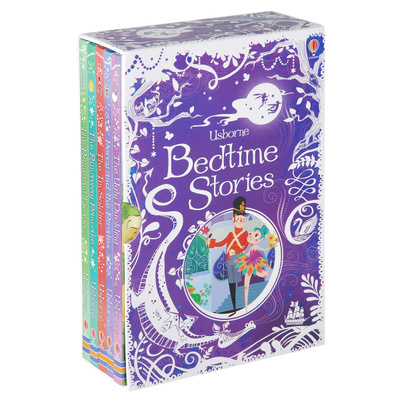 After all, if the reader is not interested, if he is burdened by his role, the audience will definitely feel it, and it is unlikely that reading at night will turn into a good family tradition.
After all, if the reader is not interested, if he is burdened by his role, the audience will definitely feel it, and it is unlikely that reading at night will turn into a good family tradition.
But bedtime stories are very useful for development! Like any ritual, they help children feel safe. The rhythmic calm speech of the parent calms, gives a sense of security. And the plots, decisions and behavior of the characters can be an excellent subject for discussion for educational purposes. Why did the character act this way and not otherwise? What do you think he feels? What should he do now? Such conversations improve relationships and mutual understanding between parents and children, teach sympathy, empathy, and develop emotional intelligence. So, for one quiet family evening, you can do more for the development of the child than for hours spent on special developmental activities.
Our rating of bedtime stories includes both the good old, time-tested works, and new ones that are worth reading if you have already mastered all of Alan Milne, Astrid Lindgren and Tove Jansson.

